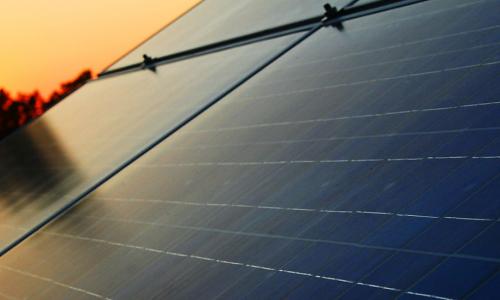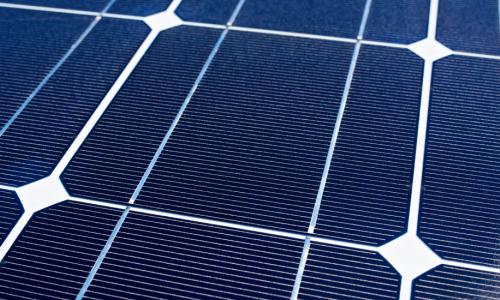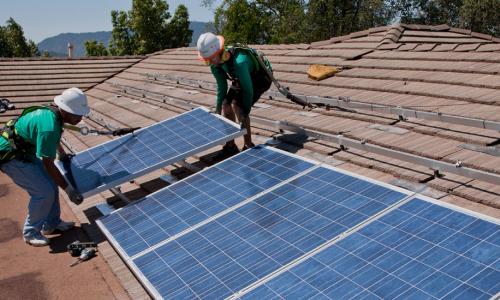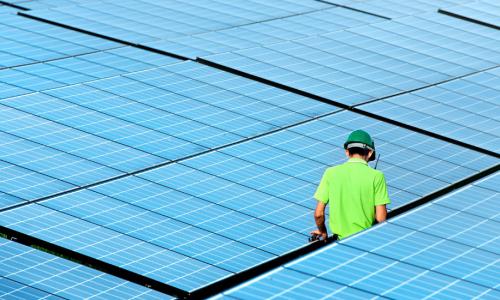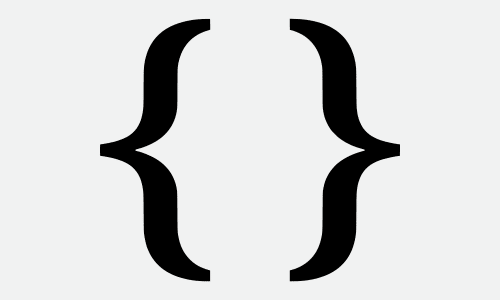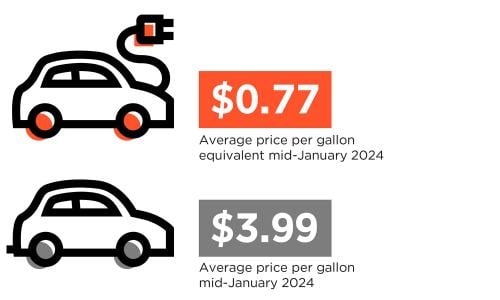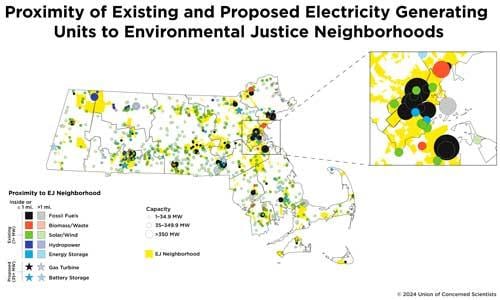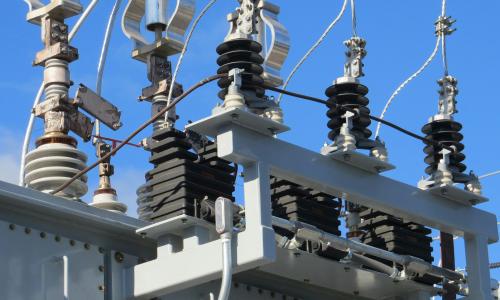Table of Contents
Solar energy—power from the sun—is a vast, inexhaustible, and clean resource.
Solar electricity generation represents a clean alternative to electricity from fossil fuels, with no air and water pollution, no global warming pollution, no risks of electricity price spikes, and no threats to our public health.
The solar resource
The solar resource is enormous. Just 18 days of sunshine on Earth contains the same amount of energy as is stored in all of the planet's reserves of coal, oil, and natural gas.
How solar panels work
Solar photovoltaic (PV) panels are based on a high-tech but remarkably simple technology that converts sunlight directly to electricity.
Rooftop solar panels: Benefits, costs, and smart policies
Rooftop solar has never been more affordable for home owners, business owners, and their communities.
Solar power plants: Large-scale PV
A large-scale solar photovoltaic (PV) power plant may have hundreds of thousands or even millions of solar panels.
Concentrating solar power plants
Unlike photovoltaic (PV) systems, which use the sun’s light to generate electricity, concentrating solar power systems generate electricity using the sun’s heat.
